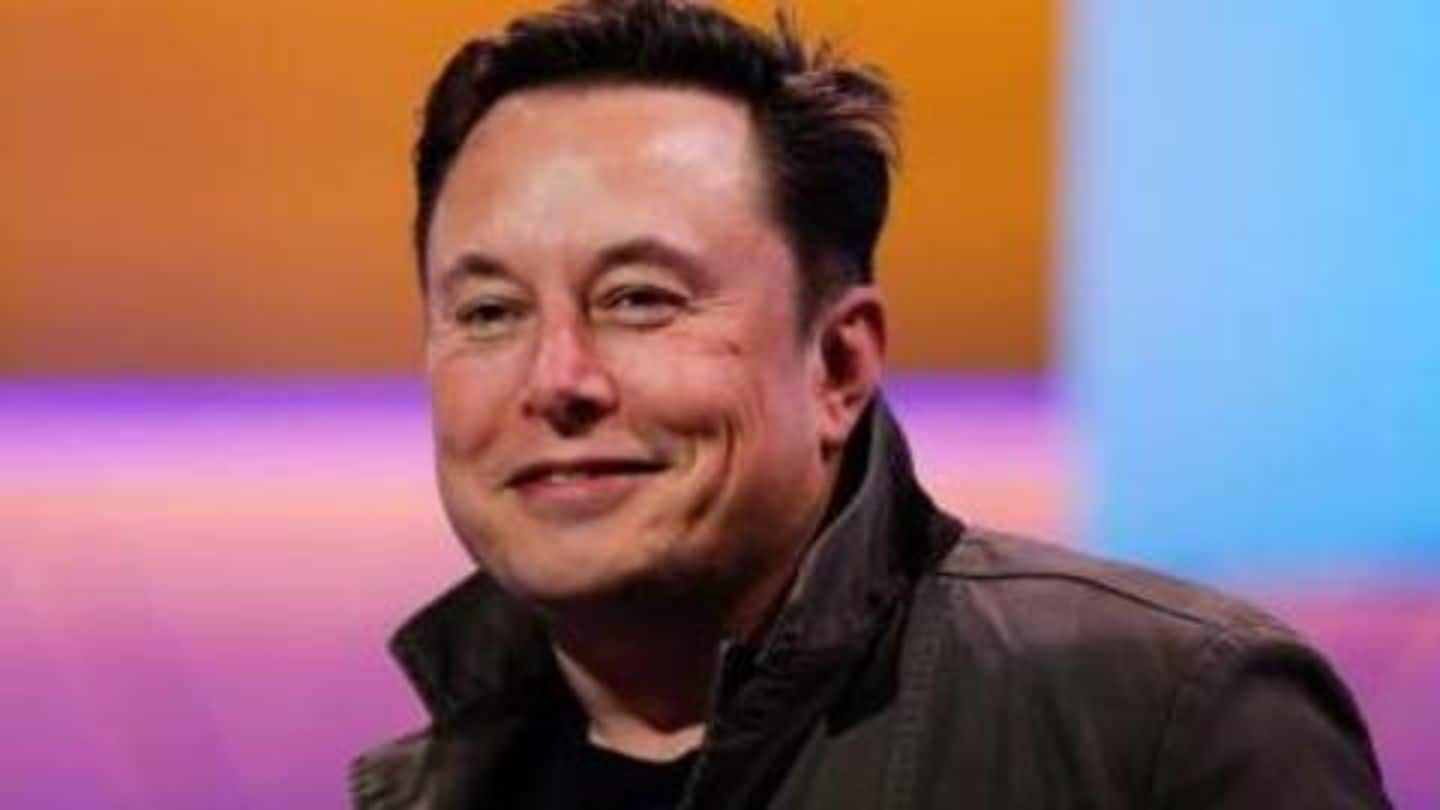
You don't need college degree to join Tesla, says Musk
What's the story
Elon Musk, the co-founder of Tesla Motors and SpaceX, has tweeted out that people don't need a college degree to work with him. Now, given the popularity of both these companies, the remark comes as a surprise to many, leaving the question: what exactly does he look in applicants while hiring for a particular role? Well, here is your answer.
Tweet
Musk doesn't look for students with prestigious college degrees
Just recently, a Twitter user asked Musk if he stands firmly on not requiring college degrees from fresh job applicants. In response, the billionaire simply said 'Yes,' reflecting the exact same answer he had given to German publication Auto Bild over five years ago - "There's no need even to have a college degree at all, or even high school" to work at Tesla.
Skill
So, what does he look for?
In that conversation with Auto Bild, Musk had said that he looks for 'evidence of exceptional abilities' instead of a degree from a prestigious college while evaluating a potential employee. "If there is a track record of exceptional achievement, then it is likely that that will continue into the future," he had said while explaining the idea behind not explicitly requiring college degrees.
Details
Degree doesn't always signal great abilities
Musk further added in the interview that when somebody graduates from a prestigious university, it indicates they are capable of doing great things, but it's not always the case. However, when there is a person with a proven track record of exceptional abilities, there is a much higher chance that they would continue in that direction in the future, he implied.
Quote
Musk had notable examples to prove his point
"If you look at, say, people like Bill Gates or Larry Ellison, Steve Jobs, these guys didn't graduate from college, but if you had a chance to hire them, of course, that would be a good idea," he told Auto Bild, detailing his case.
Interview
What it is like to interview at Tesla?
The exact selection process isn't clear but Musk has previously said that when he interviews a potential employee, he asks them to give a summary of their career graph and describe some of the toughest problems they have faced. On the basis of those problems, he asks further questions and judges if the candidate is suitable for the role in question or not.